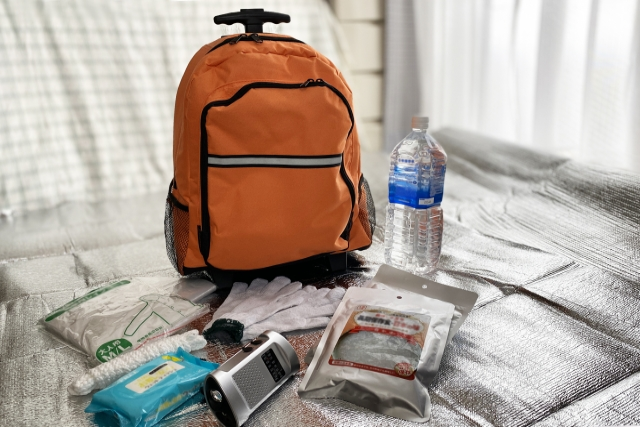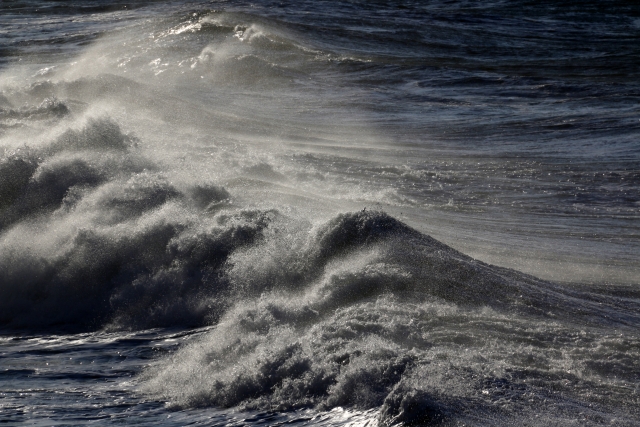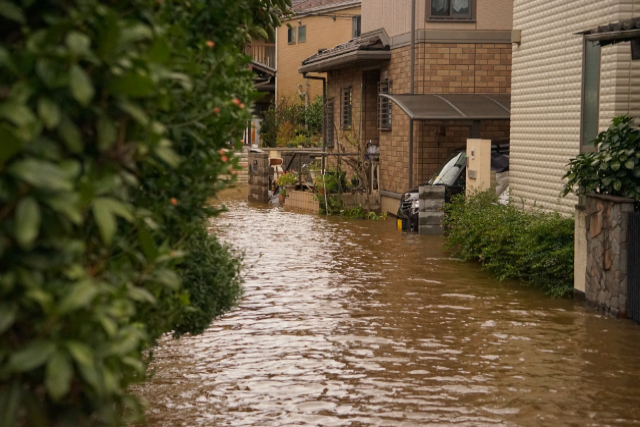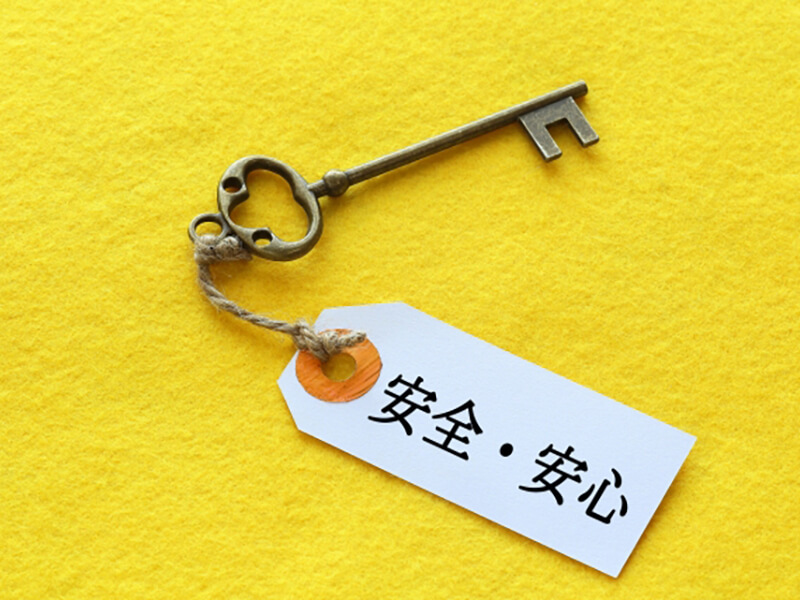Japan is a country where earthquakes highly occur. It is unknown when a large earthquake will happen. Thus, it is important to be prepared for us to be able to stay calm when it arises.
- Be aware of your surroundings
- Check the location of the nearest evacuation sites/ shelters in your neighborhood. Local community parks or school gymnasiums are some of the common places for evacuation. If you do not know the area, please confirm with your local city hall for more details.
- Get to know how to walk to the evacuation site. If ever you cannot walk through the common path, consider on planning multiple routes.
- Check the news about disaster and its prevention from the television or radio.
- Listen closely to the disaster warning system of your local city hall.
- Stock food and water supplies
- Depending on the intensity of an earthquake, main utilities such as electricity, gas, and water can be suspended. In case this happens, it is important to gather and save emergency supplies of food and water.
- Potable drinking water: The minimum amount is at least for a 3 day period. 3 days amount of water per person is advised. Buy 2 liters of bottled water supply (Pay attention to the expiry date). If you have an excess amount of water, you can use it for bathing or for laundry.
- Food supply: Ready-to-eat food (Instant food, candy, canned food, or bread) is advised.
- Ensure water supply for daily use by storing water in the bathtub.
- Prepare an emergency bag (Evacuation bag)
-
- When your home is damaged from a disaster, it is necessary to evacuate to a safer area. In this case, you should prepare an emergency bag for your supplies to be able to live temporarily in the evacuation shelter.
- Emergency checklist: Cash or valuables, portable radio, emergency medicine, food and water supplies, flashlight,dry cell batteries, etc.
*Do not forget to bring your passport, residence card, and other IDs
- How to protect yourself at home
[Check the placement of furniture]
- During a strong earthquake, household furniture and glass may fall and shatter that can cause severe injury. Also, when a furniture blocks the entrance or windows, you will not be able to evacuate. Keep in mind to secure a safe space around the entrance/windows inside your house.
- Do not place stoves or heaters around furniture. Fires are most likely to occur when a furniture falls over due to an earthquake.
- Do not place dangerous items on high places such as shelves or chests.
[How to prevent the glass from breaking]
- Attach a shatter-proof glass film on doors or windows. For windows, closing the curtains or shutters also give the same effect.
[Check your closet or storage]
- Do not store heavy objects in a high area.
- When an earthquake occurs
-
- For your safety, hide under a desk when you feel an earthquake and protect yourself from any falling glass or furniture.
After an earthquake, the tremors subside. However, in case of fire, wait for the earthquake to stop, then use the fire extinguisher to put out it out. During evacuation, turn off the gas by closing the main valve.
- Secure an escape route
During evacuation, switch off not only electrical appliances but also unplug then and close the electrical breaker. When going outside, small objects may fall, so wear shoes instead of sandals.
- There is a danger of a tsunami near the coastal areas, so evacuate as soon as possible.
- When riding a bicycle during an earthquake, the possibility of falling down is high due to cracks on the surface of the road. Leave your bicycle in the area and evacuate by walking.
- How to walk during evacuation
- Walk calmly to the designated shelter and make sure your hands are able to freely move. Do not ride a car or motorcycle because it can hinder the passage of emergency vehicles.
- Be careful of concrete block walls or vending machines as they may fall down. Edges of road may collapse, so be cautious.
- Be careful of falling objects such as glass, roof tiles, sign boards, etc. and pay attention to some shattered glass that may fall on your feet.
6.Cách đi đến nơi lánh nạn
・Trường hợp đi lánh nạn tại nơi lánh nạn được chỉ định hãy cho 2 cánh tay thoải mái, bình tĩnh đi bộ đến nơi lánh nạn. Không được sử dụng phương tiện xe hơi hoặc xe máy. Điều đó sẽ làm cản trở lưu thông của xe cấp cứu.
・Tường rào bê tông hay các máy bán hàng tự động có thể đổ vào người mình nên hãy chú ý nhé.
・Hãy chú ý đến các vật rơi như kính, mái ngói, biển báo và các bức tường bên ngoài ở trên đường, và kính rơi ở chân.
-
What do you think, everybody? This time, we learned about how to prepare for an earthquake. Many of us tend to think that we will not let ourselves be involved in disasters. However, many unexpected disasters occur every year. Disasters are not just someone else’s problem. The knowledge and preparation done by each individual is essential to reduce the damage brought by a disaster. Do not panic, act calmly, and gather real information from the radio or television. Let us help one another starting from the elderly and people with disabilities.



.jpg)














